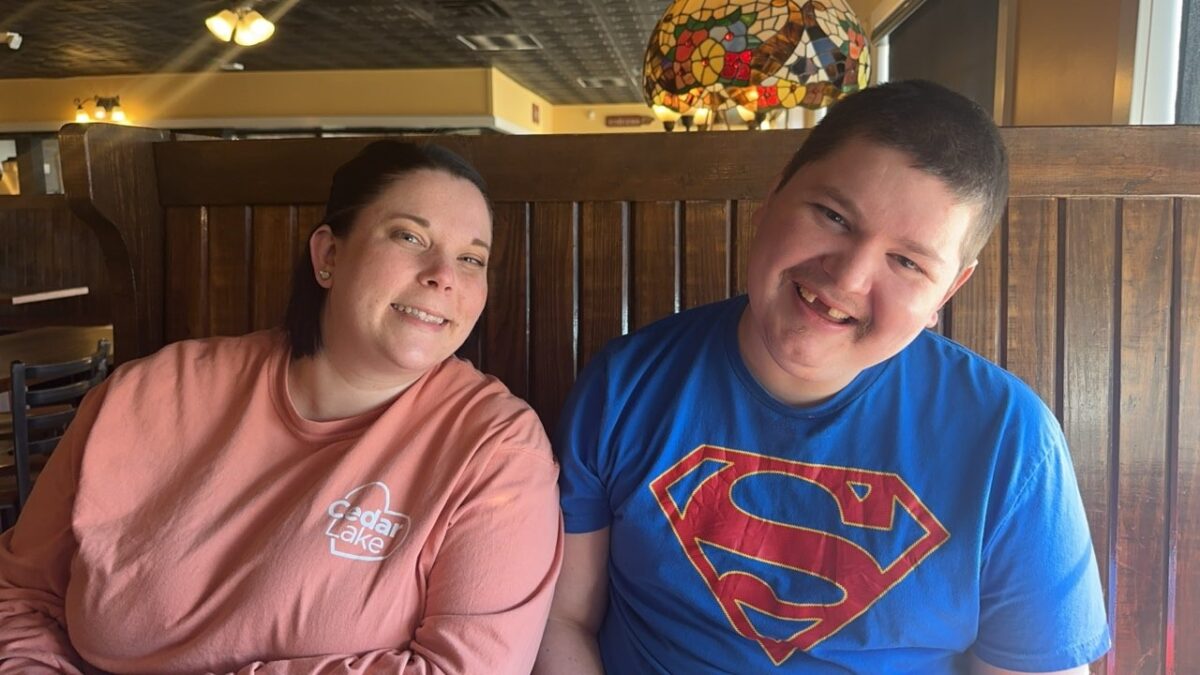
Planning for care is essential for individuals with intellectual and developmental disabilities and their families. Kentucky’s Medicaid waiver programs play a crucial role in providing the necessary support and services for care planning.
Here’s How Individuals and Families Can Prepare with Medicaid Waivers:
- Early Planning: Planning for care should ideally begin as soon as an intellectual or developmental diagnosis is made. Getting the right support for your child with developmental or intellectual disabilities starts with applying for Medicaid waivers as soon as possible. If your child is diagnosed with an intellectual or developmental disability, applying for waivers should happen as soon as you have a diagnosis. For children with a diagnosis such as Down syndrome or other genetic anomalies, it’s crucial to apply within a few months of birth. This is because waivers like MPW have a long waitlist, and the sooner you get on it, the better. For the Supports for Community Living (SCL) waiver, the process is a bit different. You should apply as soon as an Intellectual Disability (ID) diagnosis is confirmed with FSIQ and adaptive behavior scores. The school districts conduct cognitive testing and intellectual functioning evaluations usually around age 7 or 8, so an application can be made at that time. Early planning allows families to explore available options, understand eligibility criteria, and anticipate future needs.
- Understanding Services: Familiarize yourself with the range of services offered through Kentucky’s Medicaid waiver programs, such as Supports for Community Living (SCL) and Michelle P (MPW) waivers. These services include case management, personal care, respite, therapy, and community living support.
- Assessing Eligibility: Determine eligibility criteria for Medicaid waiver programs, including income limits and disability requirements. Understanding eligibility criteria helps individuals and families plan accordingly and seek necessary documentation.
- Navigating Waitlists: Be aware that Kentucky Medicaid waiver programs have waitlists due to high demand for services. By applying early, individuals can secure a spot on these waitlists and reduce delays in accessing support and services.
- Exploring Residential Options: Cedar Lake offers various residential options for individuals with developmental disabilities, ranging from 24-hour care to semi-independent living arrangements. Consider exploring these options and discussing preferences with providers like Cedar Lake.
- Continuity of Care: Ensure continuity of care by proactively planning for transitions and changes in caregiving arrangements. Medicaid waivers can help bridge gaps in care and support individuals as their needs evolve.
- Advocating for Needs: Advocate for your loved one’s needs and preferences throughout the care planning process. Work collaboratively with service providers, caregivers, and agencies to ensure that the individual’s goals and priorities are addressed.
- Monitoring Changes: Stay informed about changes in Medicaid policies, waiver programs, and available services. Periodically review and update care plans to reflect evolving needs and circumstances.
By engaging in proactive care planning and leveraging Kentucky’s Medicaid waiver programs, individuals with developmental disabilities and their families have the opportunity to access to essential support and services at Cedar Lake for a fulfilling and independent life.
It is important to update personal information as it changes while you’re on the Medicaid waiver waitlist and Cedar Lake waitlist such as address, phone number and point of contact.



